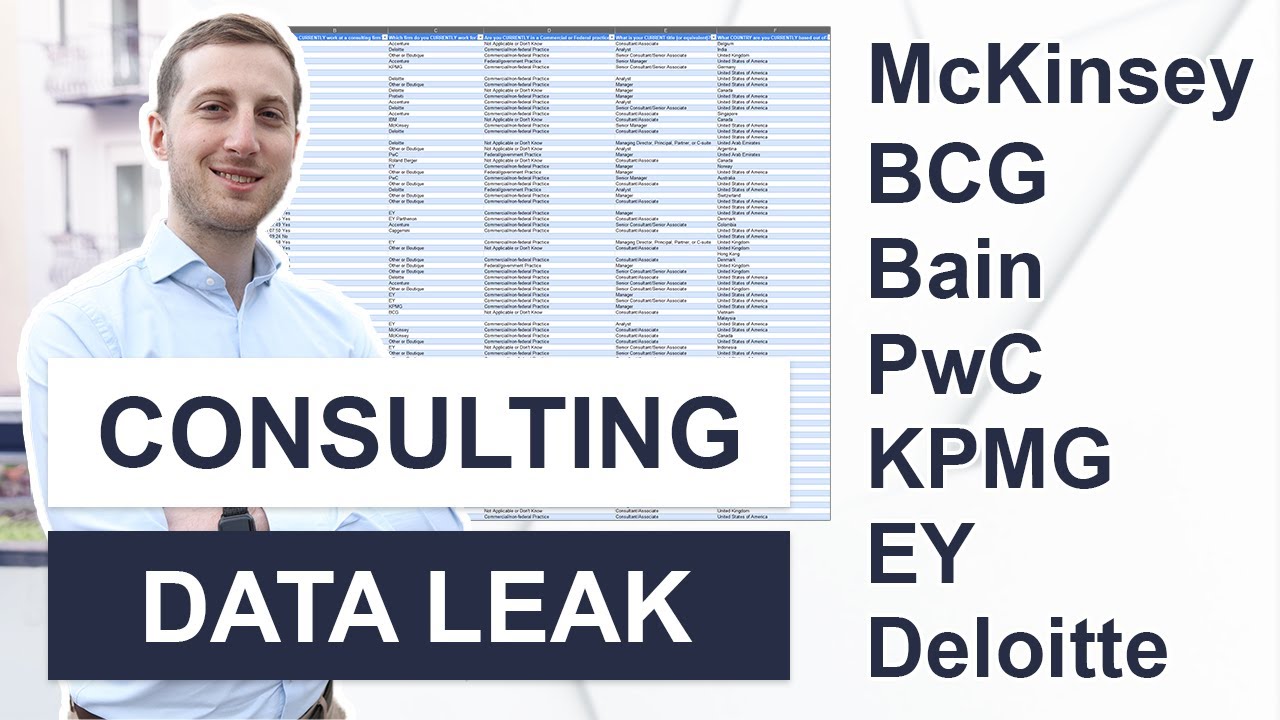
Avoid making financial decisions based on your emotions. This is particularly important after major life changes. Instead, you should base your decisions on your needs and the long-term fundamentals of what you are buying. You should also avoid making impulsive decisions based on financial prognosticators and headlines.
Financial advisors
Financial advice is the job description of a financial advisor. In order to be a financial advisor, you must first undergo training and then register with the relevant regulatory agency. This can be done through a professional qualification program or through experience in the financial industry. These professionals can help you choose the right plans and investments.

Financial advisors are usually employed by large financial institutions. But, there are many who work independently. As investing becomes more popular, and more affordable for many people, financial advisors are expected to be in high demand. Meanwhile, baby boomers are worried about their retirement investments and want an advisor who can balance growth with risk.
Friends
Getting finance advice from friends can be helpful in many ways, but there are many risks associated with this type of advice. First, you should not solicit the advice. There are many ways people do things and your knowledge of finances might be different from yours. They may be able give general advice but may not have the necessary experience to give specific advice. The advice you get should be taken with care and not be considered as a complete guide.
The underlying motivation is another problem that unfriendly financial advice often has. A parent may advise an adult child that they take conservative risk because they fear their child might be taking too many risks. It's crucial to assess your risk profile and set goals and ask yourself why you're receiving the advice.
Internet
The Internet has a lot of information about financial matters. However, too much information can be dangerous. It is important to know what information is valuable and which is not. It is essential to adhere to the "buyer Beware" mentality while surfing the Internet. You should never rely solely on the advice you find online.

Retail investors used to have to go to the local library to find out more about a company's history before the internet. In addition, they had to contact companies in order to get the latest information about their stocks. This was time-consuming and often cost money in postage. It was also necessary that the reports be printed before they could be printed.
FAQ
Which industries use consultants?
There are many types. Some consultants are focused on a specific type of business, others may specialize in multiple areas.
Some consultants are only available to private companies while others work with large corporations.
Many consultants also work internationally to assist companies from all corners of the globe.
How can I find clients for my consulting business?
Find an area that you are passionate about. This could be social media or public relations. However, it must be something that you are passionate about. You might have to start small, such as by finding niche markets like web design. Once you have identified the niche, be sure to fully understand its characteristics. What problems does the solution solve? Why should people use it? How can you help them?
You could also approach businesses directly. Perhaps they are looking for someone who can help them understand SEO and content creation or just need advice on social media strategy.
If all else fails you can offer your services at free events such as conferences or networking nights. You will meet potential customers and be able show your skills without having to spend money advertising.
What are the types of contracts available to consultants?
Standard employment agreements are signed by most consultants when they are hired. These agreements outline how long the consultant will work for the client, what he/she will get paid, and other important details.
Contracts also specify which areas of expertise the consultant will focus on and how the consultant will be compensated. A contract may state that the consultant will deliver training sessions or workshops, webinars, seminars and other services.
Sometimes, the consultant simply agrees that a specific task will be completed within a set time frame.
Many consultants sign independent contractor arrangements in addition to standard employment contracts. These agreements allow consultants to work independently while still receiving payment.
Do I need to seek legal advice?
Yes! Consultants often create contracts with clients without getting legal advice. However, this can lead to problems down the road. If the client terminates an agreement with the consultant before the completion date, what are the consequences? What happens if your consultant doesn't follow the contract deadlines?
Avoid potential legal problems by consulting a lawyer.
Why would a company want to hire a consultant for their business?
Consultants offer expert advice to help improve your business' performance. They are not there to sell you products.
A consultant helps companies make better decisions by providing sound analysis and recommendations for improvement.
Consultants often work closely alongside senior management teams to help understand what they need to succeed.
They provide coaching and leadership training for employees to enable them to achieve their peak performance.
They might advise businesses on how to reduce costs, streamline processes, or increase efficiency.
What happens when the consultant finishes the job?
After the consultant completes the work, s/he will submit a final report detailing the results of their work. This report contains all relevant information, such as project timelines and deliverables.
Next, you will review the report and determine if the consultant has met your expectations. If it does not, you can ask for changes or terminate the contract.
Who hires consultants
Many businesses hire consultants to assist them with their projects. These can include small businesses and large corporations, government agencies as well non-profits and educational institutions.
Some consultants work directly for these organizations, while others freelance. In both cases, the process for hiring depends on how complex and large the project is.
Many rounds of interviews are required when hiring consultants. Then, the final decision will be made about who you believe is best for the job.
Statistics
- My 10 years of experience and 6-step program have helped over 20 clients boost their sales by an average of 33% in 6 months. (consultingsuccess.com)
- On average, your program increases the sales team's performance by 33%. (consultingsuccess.com)
- According to statistics from the ONS, the UK has around 300,000 consultants, of which around 63,000 professionals work as management consultants. (consultancy.uk)
- Over 50% of consultants get their first consulting client through a referral from their network. (consultingsuccess.com)
- According to IBISWorld, revenues in the consulting industry will exceed $261 billion in 2020. (nerdwallet.com)
External Links
How To
How to Find the Best Consultant
First, ask yourself what kind of consultant you are looking for. Before you look for someone, you need to be clear about your expectations. It is important to make a list with all the requirements you have for a consultant. This might include skills such as project management, professional expertise, communication, availability, and technical skills. After you have outlined your requirements, you might want to ask friends and colleagues for recommendations. Ask your friends or colleagues about any negative experiences they have had with consultants, and compare their recommendations with yours. Try searching online for recommendations if you don’t have any. You can post reviews on your previous work experiences on many websites like LinkedIn, Facebook and Angie's List. Use the feedback and ratings of others as a starting point to search for potential candidates. Once you have a shortlist, be sure to contact potential candidates directly to schedule an interview. At the interview, it is important to discuss your requirements and get their feedback on how they can help. It doesn't matter if they were recommended to your company; all that matters is that they are able to understand your business goals and show how they can help.